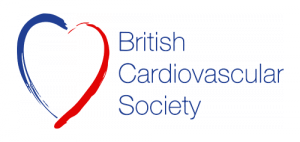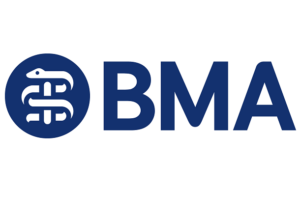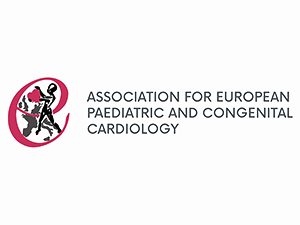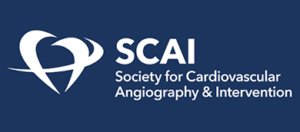Clinical expertise
Professor Shakeel Ahmed Qureshi is a consultant paediatric cardiologist whose achievements include interventions in congenital heart disease including the development of the Tyshak balloon, a widely used device to dilate blood vessels in children.
In 2022 he was recognised in the New Year Honours list, and was granted a Knight Bachelor for his services to paediatric cardiology and charity.
He regularly treats patients with conditions such as:
- congenital heart disease
- heart defects including atrial septal defect (ASD), ventricular septal defect (VSD), and patent ductus arteriosus (PDA)
He performs treatments such as:
- all variety of interventions in paediatric and adult congenital cardiology, including ballooning of valves and arteries
- device closures in other complex defects as well as some adult structural interventions
- hybrid interventions in paediatric and adult cardiology
Biography
Professor Shakeel Qureshi is a consultant paediatric cardiologist at Evelina London Children’s Hospital.
He trained in children’s heart services at Harefield, Guy’s and Liverpool hospitals. Professor Shakeel Qureshi was first appointed consultant at Liverpool in 1987, and consultant paediatric cardiologist and senior lecturer at Guy’s and St Thomas’ hospitals in 1988.
A CQC inspector and adviser since 2015, among his awards are the PICS USA outstanding achievement award and one of the highest civilian awards (Sitara-e-Imtiaz) from the Pakistan government for helping to develop paediatric cardiology.
He is chairman of 4 Peace of Mind, a charity that is committed to raising and delivering aid to the worst hit communities affected by natural disasters. He also works pro bono and is Chairman of the medical board for the charity Chain of Hope, operating on sick children both in the UK and abroad, and training teams of doctors in less developed countries.
Research
Professor Shakeel Qureshi’s achievements include the co-invention of the globally-utilised Tyshak balloon catheter which enables patients with heart defects to be treated without open heart surgery.
In 2013, he developed the paravalvar leak device, which allows specialist doctors to treat leaky valves. He has been at the forefront of evaluating interventional techniques and devices for treating congenital heart disease. He is co-director of Congenital and Structural Interventions’ (CSI) annual course in Frankfurt, Germany.






